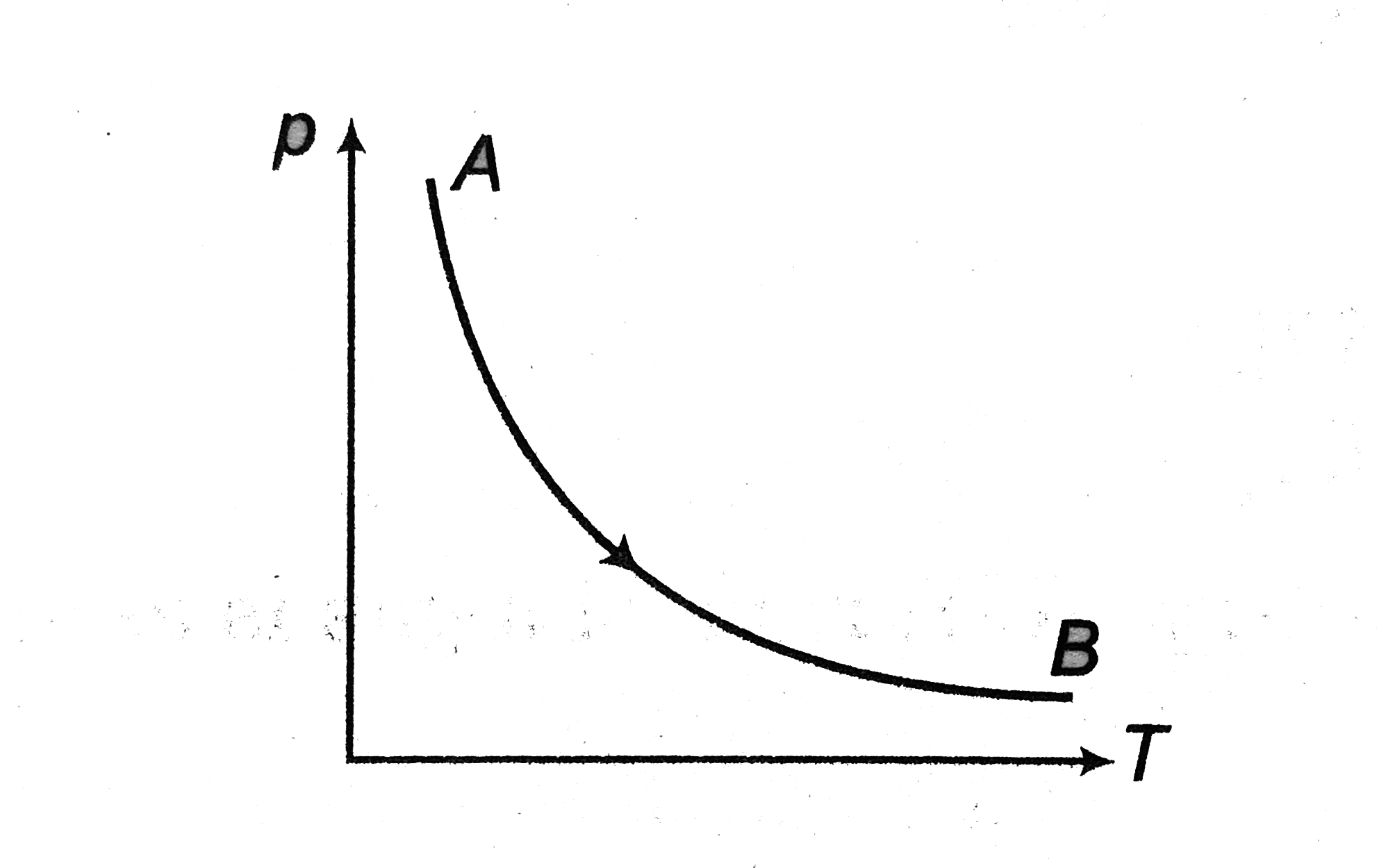One mole of helium is adiabatically expanded from its initial state (pi,Vi,Ti) to its final state (pf,Vf,Tf). The decrease in the internal energy associated with this expansion is equal to
Cv(Ti−Tf)
Cp(Ti−Tf)
12(Cp+CV)(Ti−Tf)
(Cp−Cv)(Ti−Tf)
The correct Answer is:A
Topper's Solved these Questions
Similar Questions
One mole of hydrogen, assumed to be ideal, is adiabatically expanded from its initial state (P1,V1,T1) to the final state (P2,V2,T2). The decrease in the internal energy of the gas during this process will be given by
View SolutionOne mole of an ideal gas expands adiabatically from w an initial state (?A,?0) to final state (?_f, 5V_0).A¬hermo≤ofthesamegasexpandsisothermallyomad⇔erent∈itialstate(?B,?0)→thesamef∈alstate(?_f 5V_0).Theratioofthespecificheatsatconstantpressureandconstantvolumeofthisalgasisgamma.WˆistheratioT_A/T_B?
View Solution
Knowledge Check
One mole of hydrogen, assumed to be ideal, is adiabatically expanded from its initial state (P1,V1,T1) to the final state (P2,V2,T2). The decrease in the internal energy of the gas during this process will be given by
ACV(T1−T2)BCP(T1−T2)CCP+CV2(T1−T2)D(CP−CV)(T1−T2)One mole of a gas in the state A(P1,V1,T1) is subjected to adiabatic expansion to attain state B(P2,V2,T2). The work done by the gas is:
A−R(T1−T2)γ−1BnR(T2−T1)γ−1CR(T2−T1)1−γDP2V2−P1V11−γAn ideal gas undergoes isothermal process from some initial state i to final state f. Choose the correct alternatives.
AdU=0BdQ=0CdQ−dUDdQ=dW
A gas with cpcV=γ goes from an intial state (p1,V1,T1) to a final state (p2,V2,T2) through an adiabatic process. The work done by the gas is
View SolutionA gas with cpcV=γ goes from an intial state (p1,V1,T1) to a final state (p2,V2,T2) through an adiabatic process. The work done by the gas is
View SolutionTwo moles of an ideal monoatomic gas are expanded according to the equation pT=constant form its initial state (p0,V0) to the final state due to which its pressure becomes half of the initial pressure. The change in internal energy is

View SolutionAn ideal gas undergoes isothermal process from some initial state i to final state f. Choose the correct alternatives.
View SolutionTwo moles of an ideal monoatomic gas are expanded according to the equation pT=constant form its initial state (p0,V0) to the final state due to which its pressure becomes half of the initial pressure. The change in internal energy is

View Solution
